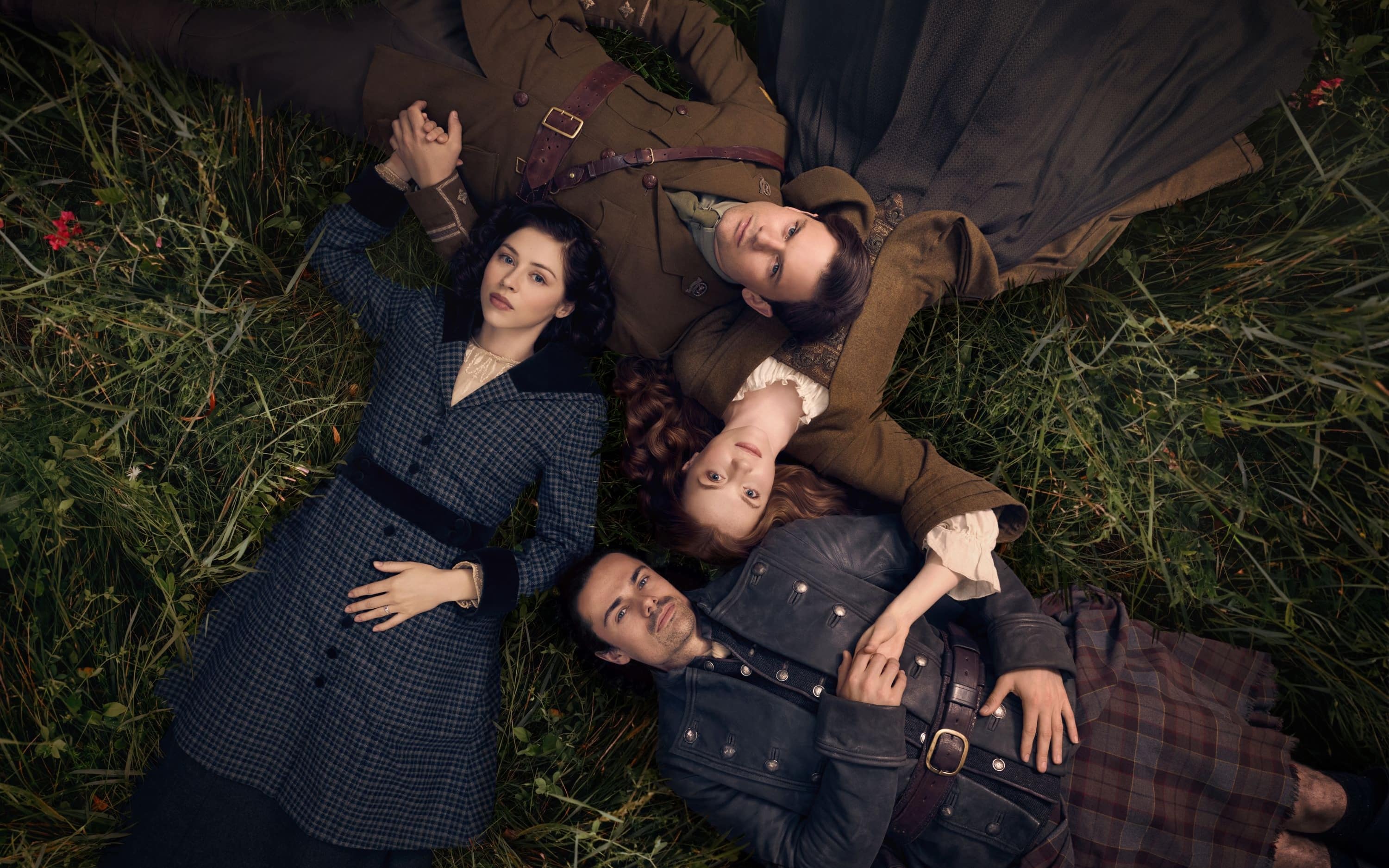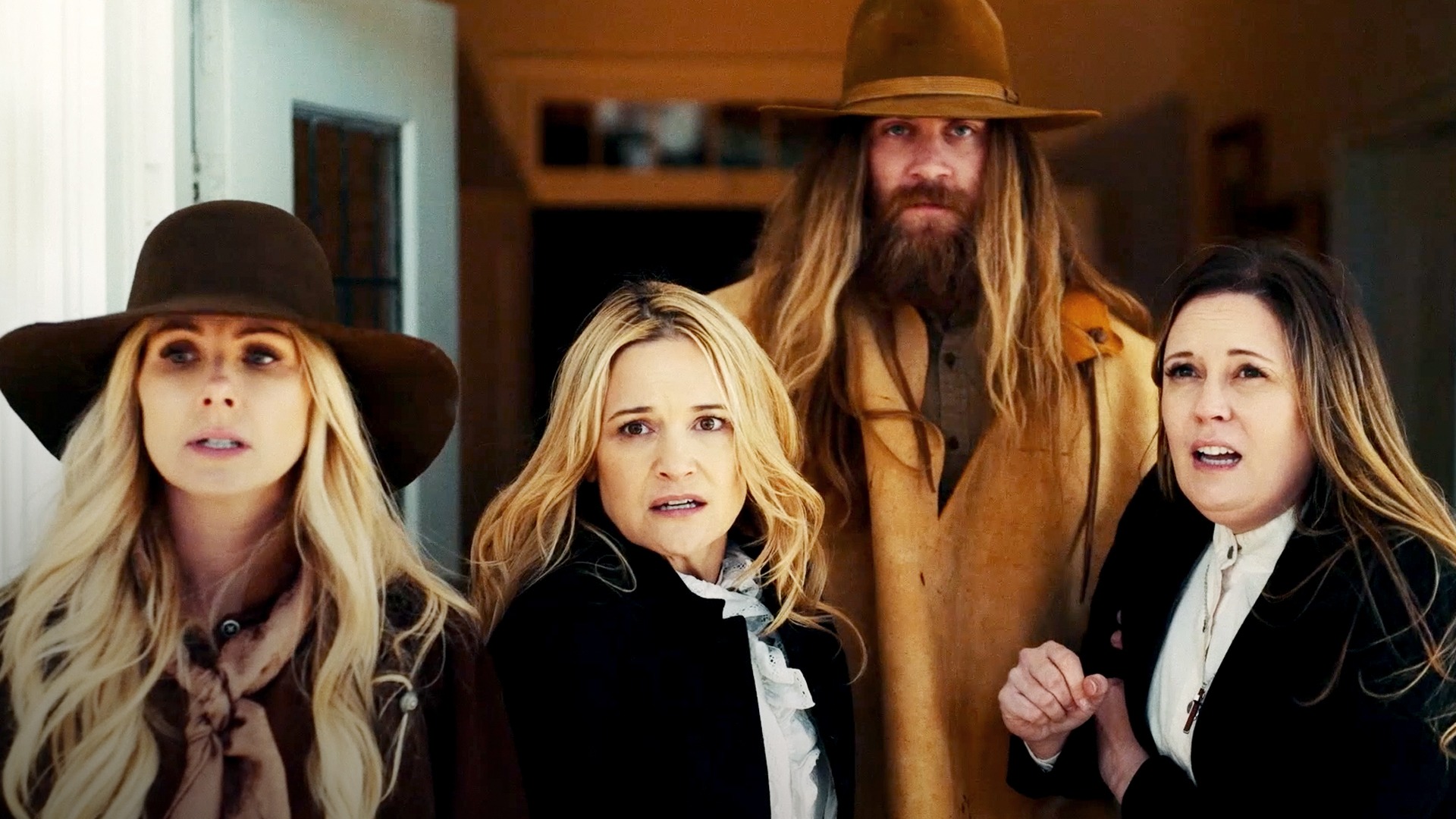Chief of War (2025) is a sweeping historical drama that stands out as an immersive, emotionally charged portrayal of late-18th-century Hawaiian history. Co-created by Jason Momoa and Thomas Paʻa Sibbett, the nine-episode series sees Momoa not only commanding the screen as Kaʻiana—a warrior chief caught between peace and destiny—but also shaping the story behind the camera as co-writer, executive producer, and even director of the finale. His deep roots in Hawaiian heritage bring a passionate, authentic energy to every frame.
Set amid the fractured kingdoms of Maui, Kauaʻi, Oʻahu, and Hawaiʻi, Chief of War traces Kaʻiana’s reluctant return to conflict after he had walked away from war to build a simple life with family. Pulled back into political upheaval by King Kahekili, he finds himself torn between loyalty, prophecy, and a vision of a future untainted by foreign dominance. The series does not shy from brutal action—shark wrestling, volcanic battlefields, ceremonial tattooing—but beneath all that, it delves into deeper questions of identity, cultural preservation, and colonial threats.
Visually and sonically, the show is mesmerizing. Lush cinematography opens with Kaʻiana’s graceful shark hunt beneath ocean waves; Hans Zimmer’s score pulses with dignity and drama; and dialogue in the Hawaiian language anchors the story in its truest voice. Critics have appreciated its unique blend of grand spectacle and cultural reverence, drawing comparisons to epic series like Shōgun—but firmly standing apart thanks to its indigenous lens.
While some note pacing shifts across its episodes, Momoa’s performance, the layered ensemble, and the thoughtful direction carry the series through. Chief of War is not just television—it’s a reclamation of history, a personal passion project, and a reminder that storytelling from within a culture can dive deeper than any outsider’s perspective.



